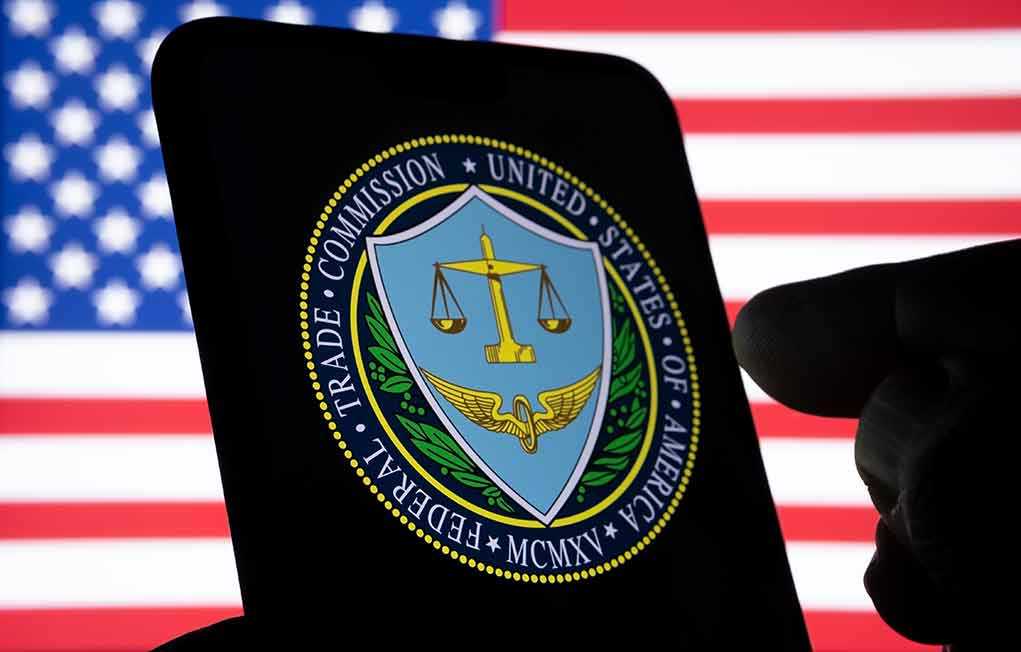
The Federal Trade Commission has weaponized patriotism through a “Made in the USA Month” initiative that targets companies falsely claiming domestic manufacturing while 61% of Americans specifically seek out American-made products.
Key Takeaways
- The FTC has designated July 2025 as “Made in the USA Month” to promote genuine American-made products and prevent deceptive labeling
- A significant 61% of Americans consider “Made in the USA” as a factor in their purchasing decisions, believing domestic products offer higher quality
- Chairman Andrew Ferguson is increasing enforcement resources to protect the integrity of the Made in USA label
- The initiative aligns with President Trump’s broader economic strategy to boost American manufacturing and strengthen domestic production
FTC Crackdown on False “Made in USA” Claims
In a move that reinforces President Trump’s America First economic agenda, the Federal Trade Commission has designated July 2025 as “Made in the USA Month.” This initiative aims to protect consumers from deceptive advertising practices and ensure that products labeled as American-made truly support domestic workers and manufacturers. The timing, coinciding with Independence Day celebrations, strategically links patriotism with consumer protection and economic strength—a core component of Trump’s ongoing efforts to revitalize American manufacturing.
“In honor of our nation’s independence, the Federal Trade Commission has designated July as ‘Made in the USA’ month. As Chairman of the FTC, I am responsible for enforcing laws that prohibit companies from making false or unsubstantiated claims that a product is ‘Made in the USA.’ It is important to protect Americans from deceptive advertising, and also important because it provides consumers with confidence that when they buy something that says ‘Made in the USA’ they are actually supporting American workers, American manufacturers, and American communities,” said Andrew N. Ferguson, FTC Chairman.
Consumer Confidence and American Manufacturing
The initiative addresses a clear consumer preference for American-made goods. According to the FTC, 61% of Americans consider domestic manufacturing when making purchasing decisions. This preference stems from the perception that American-made products are of higher quality and more environmentally friendly than foreign alternatives. By enforcing strict standards for the “Made in USA” label, the FTC is responding to consumer demand while simultaneously advancing President Trump’s economic objectives of strengthening domestic manufacturing and reducing dependency on foreign supply chains.
“‘Made in the USA’ is not just a slogan, but a sign that a product truly connects us with the ingenuity, quality craftsmanship, and livelihood of our fellow citizens. As we celebrate our nation’s independence this month, let us also remember to celebrate the hard work, self-reliance, and pioneering spirit of our nation’s workers. When we buy a product that is ‘Made in the USA,’ we keep alive the spirit that won us our independence and has always made our country great,” said Andrew N. Ferguson, FTC Chairman.
Expanded Enforcement and Business Support
The FTC is significantly ramping up enforcement efforts to protect the integrity of the “Made in USA” designation. Chairman Ferguson has stated that the agency is “going to be devoting a lot more resources” to this initiative, signaling a more aggressive approach to companies that falsely claim domestic manufacturing. Simultaneously, the Commission has created comprehensive online resources to help businesses understand and comply with the strict requirements governing the use of the “Made in USA” label, striking a balance between enforcement and education.
“While we want to enforce the law, we also want to help companies showcase to consumers that American workers and manufacturing is an engine of American innovation, business creation, and economic growth,” said Ferguson.
The agency’s dual approach of enforcement and education reflects a strategic implementation of President Trump’s broader economic vision. By both punishing deceptive practices and providing clear guidelines for compliance, the FTC is creating an environment where American manufacturing can flourish without unfair competition from falsely labeled imports. This initiative directly supports Trump’s longstanding commitment to bringing manufacturing jobs back to American communities and reducing the trade deficit that has plagued American workers for decades.
Alignment with Trump’s Economic Vision
The “Made in USA Month” initiative represents perfect alignment with President Trump’s economic agenda of strengthening domestic manufacturing and ensuring fair trade practices. The push for authentic American-made products supports his broader efforts to rebuild the nation’s manufacturing base and reduce dependency on foreign supply chains. By protecting the integrity of the “Made in USA” label, the FTC is helping to create market conditions where domestic manufacturers can compete fairly and consumers can make informed choices that benefit American workers and communities.
“protect American consumers so that when they go to the store and they pick up a product that says ‘Made in the USA,’ we want them to have confidence that that is actually made in the USA so that they know they are supporting American workers in the American economy,” said Ferguson.
This initiative stands in stark contrast to previous administrations’ approaches that allowed unfettered globalization at the expense of American workers. President Trump’s strategic use of regulatory agencies like the FTC to protect American manufacturing demonstrates his commitment to putting America first and reversing decades of economic policies that hollowed out the nation’s industrial base. As the economy continues to strengthen under his leadership, the “Made in USA Month” initiative serves as yet another example of how policy can be effectively leveraged to benefit American workers and businesses.
















